
Composting is an important habit that many home gardeners should take up.
It enriches your soil and reduces the need for chemical fertilizers. Keeping a compost heap even lowers your carbon footprint. It really is a must-have for all gardens.
When it comes to composting tomato plants, you’re almost always guaranteed a heated debate.
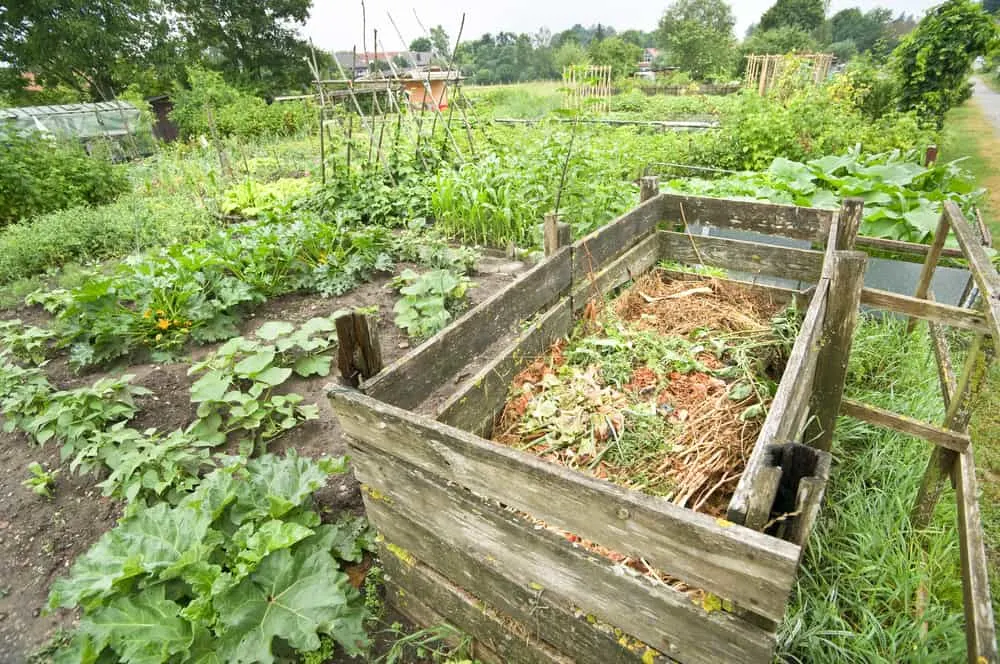
At the end of the season, you’ll likely be stuck with plenty of old tomato plants that need to be removed from the garden.
Many argue that composting spent tomatoes is an absolute no-go. Others say that dumping your tomato vines in a landfill is a waste.
The truth is, the arguments against aren’t unfounded.
Composting tomato plants is quite risky. But, if you follow a few simple rules and perform an educated risk assessment, you can safely compost your spent tomatoes.
The Risks
First, we need to understand the risks when it comes to throwing tomato plants into your compost heap.
The main risk is the high possibility of spreading disease.
If your tomato plant has any disease clinging to it, it could infect your compost pile and spread to the rest of your garden. This is especially the case with common diseases like late and early blight.
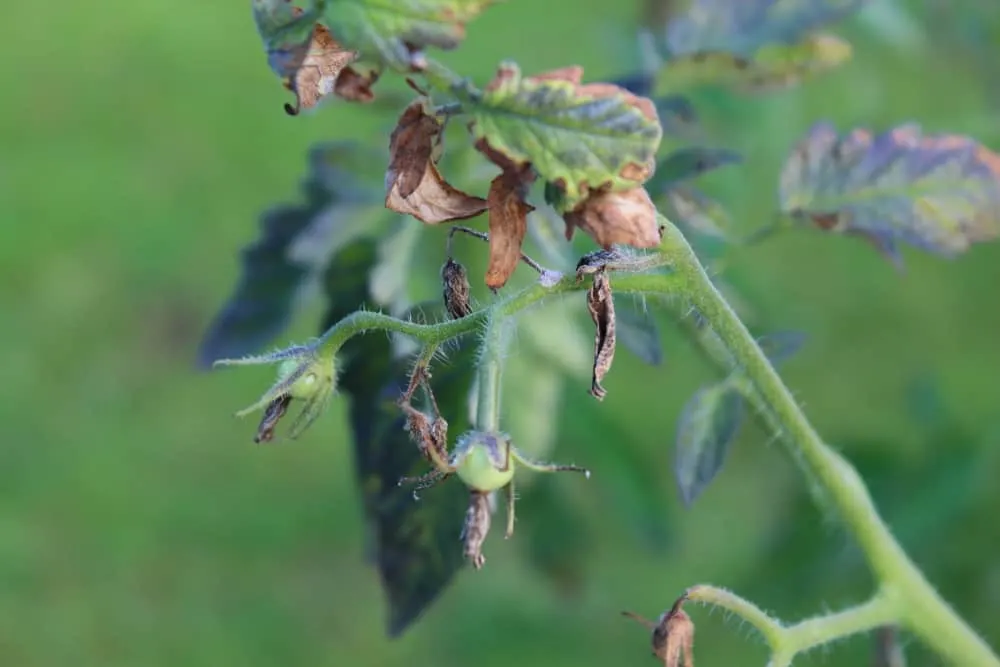
Sometimes, even if you maintain and manage your compost pile correctly, some diseases still cling to your plants. Fusarium wilt, verticillium wilt, and bacterial canker are some of the most formidable diseases.
This of course extends to pests too.
Many pesky bugs love munching on tomatoes, almost as much as we do. They often cling on for dear life. If they enter your compost pile while napping on your tomato vines, you could be in for a world of problems.
When it comes to the fruits, it’s also important to remember the composting process doesn’t always kill tomato seeds.
Tossing whole vines with unwanted fruits into your pile could cause batches of new tomato plants to pop up all over your garden come spring. Whilst we never say no to free tomato plants, unplanned tomatoes aren’t always welcome.
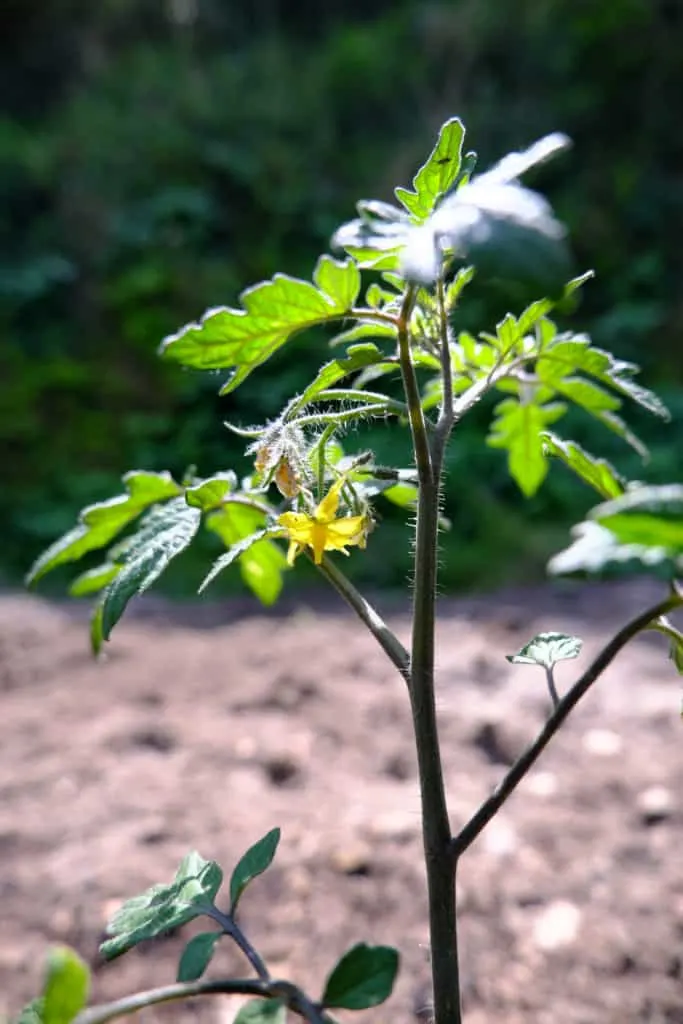
A second major concern is the size of some tomato plants. The bigger, tougher vines on tomato plants take an incredibly long time to break down, leaving you with a messy compost pile that’s difficult to use.
How To Successfully Compost Tomato Plants
It goes without saying then that composting tomatoes is a tricky business. You have to make sure your tomato plants are healthy, with no lingering seeds, and small enough to decompose.
Start by examining your plants for pests and diseases. Any potential signs, even if unconfirmed, should move your tomatoes to the uncompostable category.
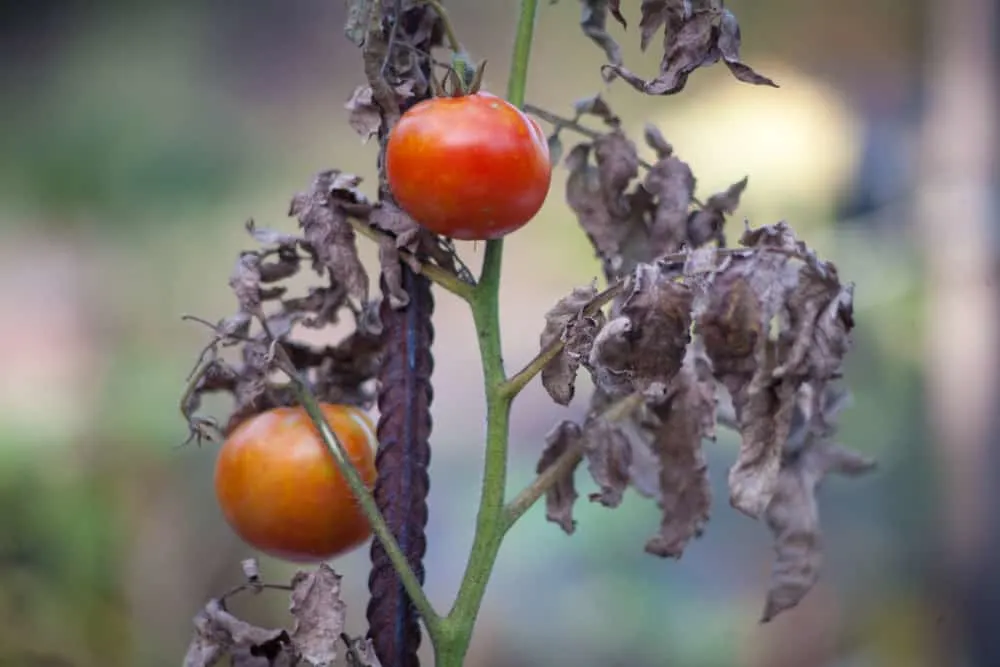
If you have tomato plants with some diseases like spotted wilt virus and curly top virus, they’re safe to compost ONLY if your pile gets hot enough to kill those diseases.
An effective compost pile should have an internal temperature of around 135F, properly layered and kept moist. This ensures the harmful bacteria will be killed off and won’t harm the rest of your garden.
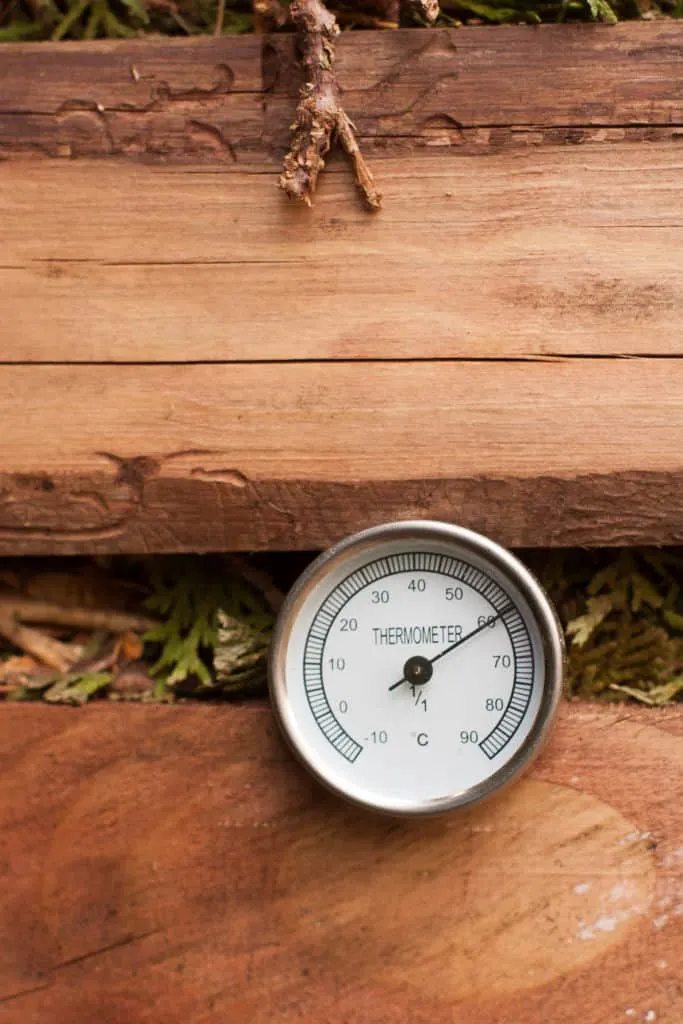
However, considering there are many factors that go into killing off diseases, and their demise is not guaranteed, it’s far less risky to avoid composting tomato plant with any diseases, even if they have the potential to die off.
Always break up your healthy, fruitless tomato plants before tossing them into your compost pile. The smaller the pieces and the better-managed your compost pile is, the faster the plant will break down.
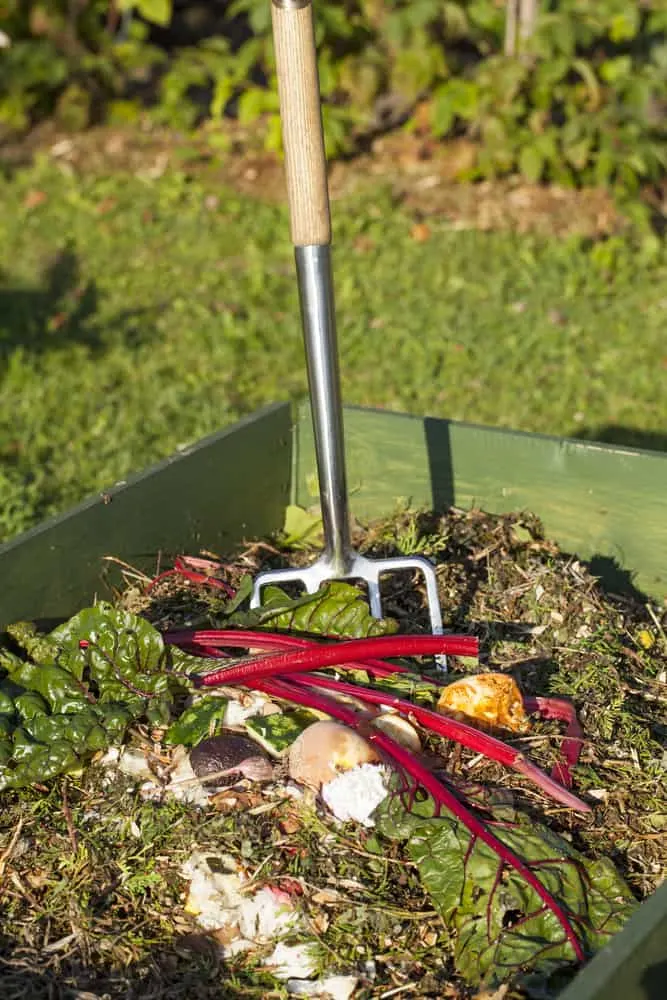
If you’re new to composting or even growing tomatoes, it’s safer to avoid throwing tomato plants into your pile. You’re going to be applying your compost all over your garden – sometimes the risks really do outway the reward.
What to Do When You Can’t Compost
So, you’ve evaluated the risks. Your tomatoes can’t go into the healthy pile. What next?
If you live in an area that allows, you could burn your non-compostable items. You’re guaranteed to kill those annoying diseases and pests this way. But, if your area prohibits open fires, your only option is to toss those spent plants into the trash.

Composting is a must for all gardeners. It’s rewarding and environmentally beneficial. Who can say no to that?
Tomato plants could make a great addition to your pile, but there are few risks involved. It’s up to you to make an assessment.
If you do decide to go ahead, remember a few simple rules:
- Always break up your plants and remove leftover fruits.
- Never compost diseased plants.
- Keep a healthy, hot, and well-maintained compost pile.
